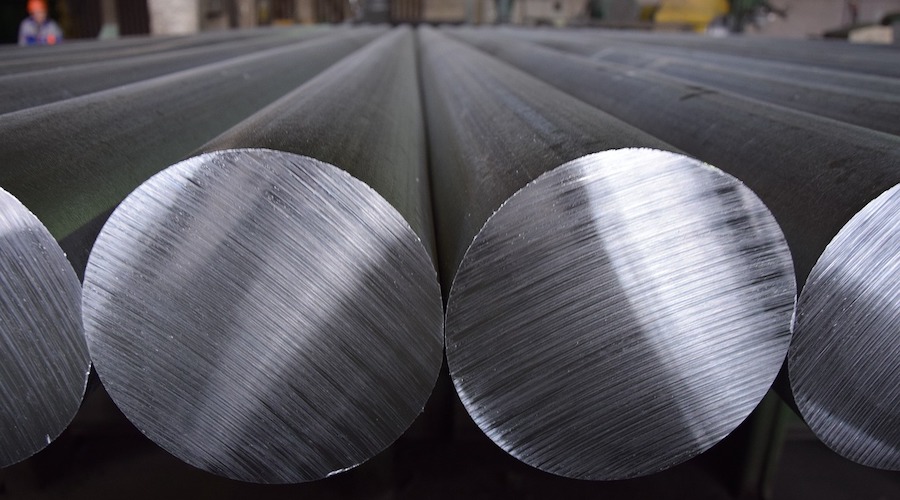Aluminum deal season has started, but no one is buying yet

The annual contracting season for aluminum supplies got off to a slow start at a key industry conference this week, in a sign of mounting concern from manufacturers about the outlook for demand.
The Fastmarkets aluminum conference, which took place in Barcelona this week, traditionally kicks off the annual ritual of negotiating supply contracts for the following calendar year. It’s still early in the process — and the bulk of the deals typically come later in the year — but buyers tend to conclude at least some initial deals during the event, or agree on volumes to buy while the discussions over price are ongoing.
This year, however, six different producers, traders and end buyers of commodity grade aluminum said that they had booked very few, if any, deals. A bearish mood about the outlook for next year weighed on discussions, the people said, asking not to be identified discussing private information.
A versatile and ubiquitous metal, aluminum is used in everything from cars to buildings and drinks cans. The fact that that companies across the supply chain are reluctant to commit to new deals points to growing worries among manufacturers about the prospects for demand and business conditions going into next year.
“This is not just about consumer demand being impacted by high interest rates, we’re also talking about corporates involved in the aluminum business experiencing higher costs of capital and finding it difficult to get credit,” said Uday Patel, senior research manager for aluminum at Wood Mackenzie.
Aluminum prices were trading 1.2% lower at $2,197 a ton on the London Metal Exchange as of 1:06 p.m. local time on Friday, coming under pressure as official data showed Chinese production rose to a record in August. Weak output arising from shortages of hydropower in China have helped to partially offset the impact of weakening demand in the aluminum market this year, but supply has been rising sharply in recent months after heavy rains arrived in Yunnan province, a key production hub.

The aluminum industry has also had to grapple with the question of how to deal with Russian metal in the wake of the invasion of Ukraine. There are no blanket sanctions that affect trading in Russian aluminum, but some buyers and traders have sought to avoid those supplies.
(By Archie Hunter)
{{ commodity.name }}
{{ post.title }}
{{ post.date }}




Comments